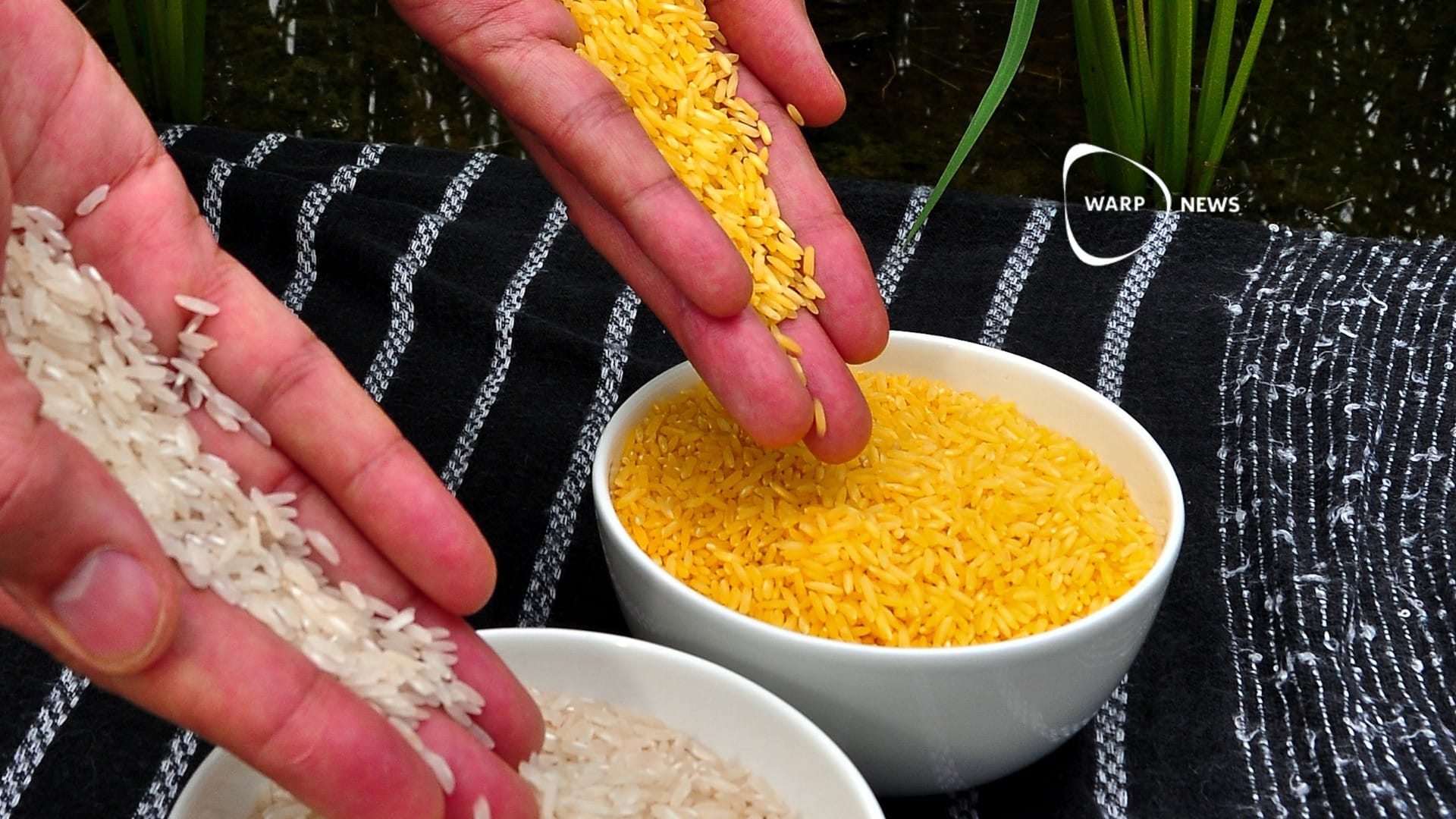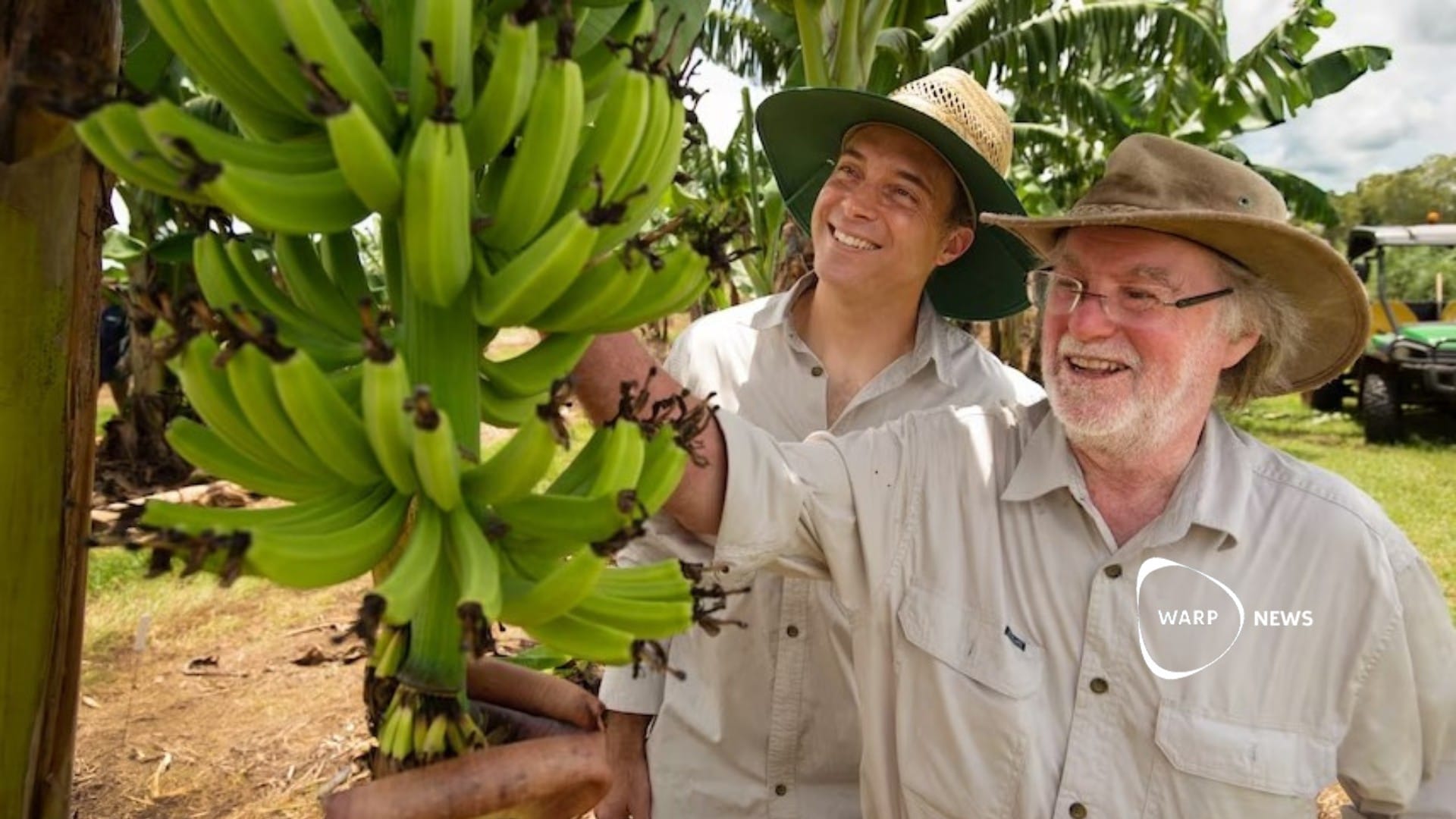🍔 Food Tech
A lot of innovation is going on in food tech, making food cheaper, more nutritious, better tasting and with less emissions during production. Here you'll find articles about AI, sensors and IoT, big data, digital biology, precision farming, cell-grown meat, GMO and automation.
🌾 28 years of GMO food without any harm
Since the first genetically modified crops were approved in 1995, no GMO products have been shown to be harmful to humans. GMOs have improved yields, reduced losses from insect attacks, and contributed to nutritional enhancements.
🥔 Genetically modified potatoes increase yields and eliminate the need for pesticides
Scientists have tested genetically modified potatoes that show promising results in combating late blight, a disease that causes significant crop losses. In field trials, the GMO potato variety Vic.172 showed total resistance to late blight, potentially reducing the need for pesticides.
🍌 Genetically modified banana resistant to Panama disease approved for consumption in Australia
Australian researchers have developed a genetically modified banana that is nearly immune to Panama disease. Panama disease is a fungal infection that prevents banana plants from absorbing nutrients and eventually kills the plant. The banana is the first genetically modified fruit to be approved.
🍚 Meat-rice: Grain with added muscle strengthens protein content
This new rice-beef has a slightly higher fat and protein content than standard rice and can help reduce the environmental impact of meat production.
🥩 World's first regulatory approval for cultured beef (meat without cows)
Aleph Farms has received the world's first regulatory approval for cultured beef.
😮 The naive Tony Seba has been more right than anyone else (so listen to what he says now)
Humanity is facing its greatest change ever, according to Tony Seba. Some call him a naive, foolish optimist, but Seba has repeatedly been proven right and his critics wrong. A tip is to listen to him this time.
🥛 Solar Foods to kickstart milk production without cows
The HYDROCOW project targets producing sustainable milk protein using CO2 and electricity and no cows are required.
🧬 CRISPR-edited foods begin appearing on shelves
CRISPR foods could be part of the solution for world hunger. Through genetic editing, crops and animals can be made hardier, need fewer resources, last longer, and offer better nutrition.
🍦 Sweet! Eat ice cream made from air
The ice cream is made from ingredients conjured out of thin air. A feat made possible by Finnish food tech company Solar Foods.








